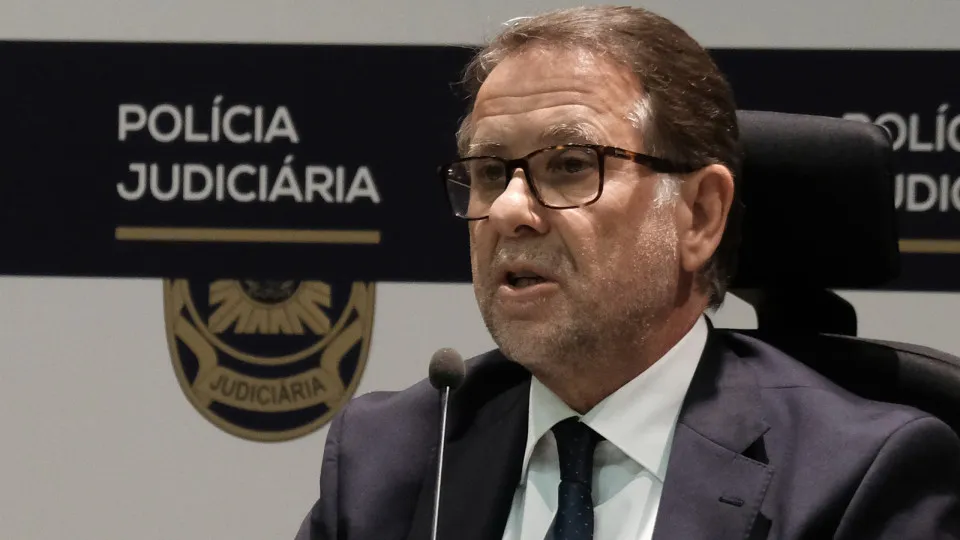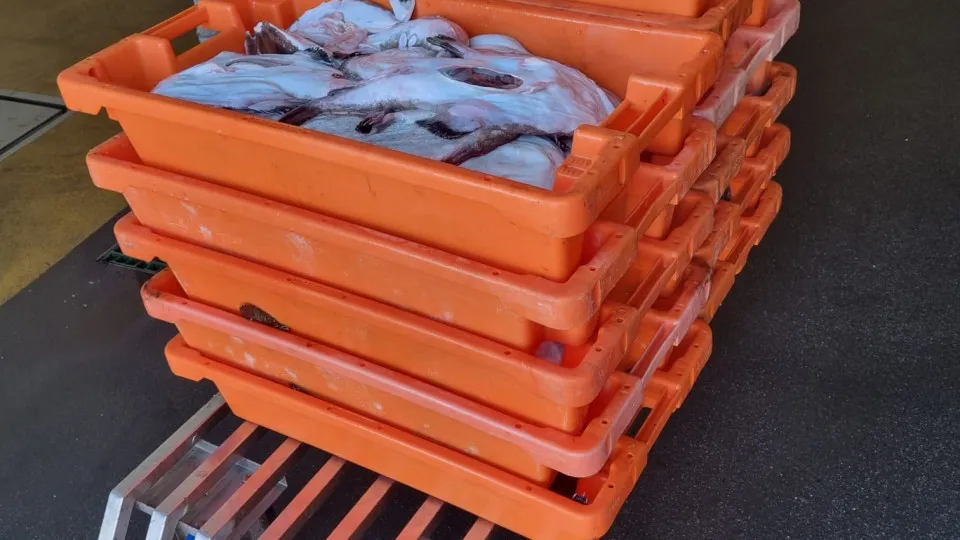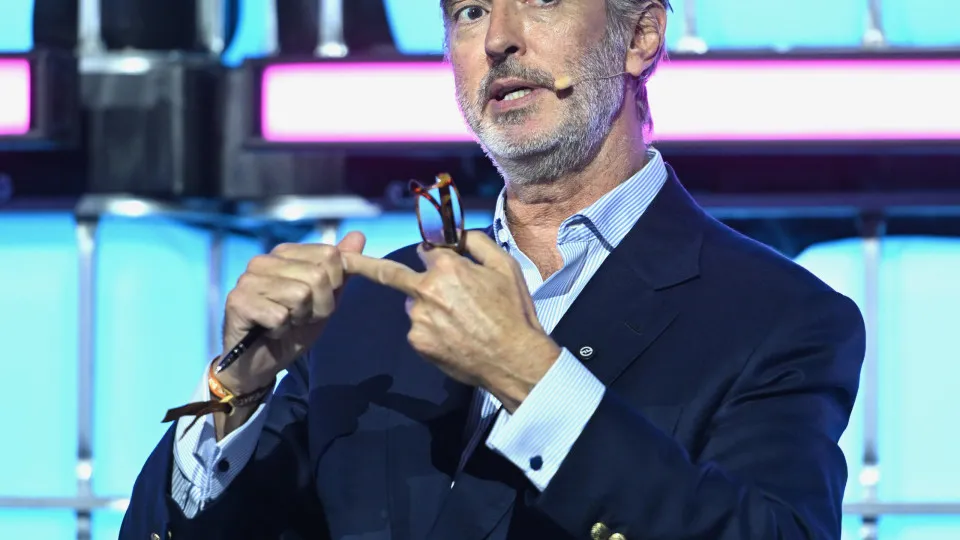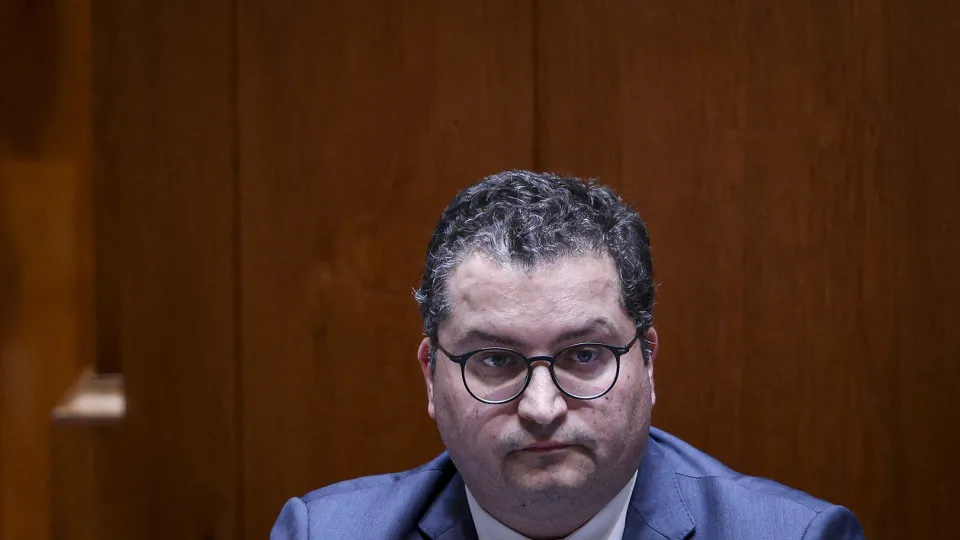
“Criminal organizations are becoming increasingly sophisticated and, not infrequently, reactive to violence and the actions of the authorities. In the last two months, the National Republican Guard has faced the use of weapons of war caliber, like the AK 47,” emphasized Luís Neves.
Speaking at the opening of the conference “Drug Trafficking by Sea – The Narcolanchas,” he took the opportunity to pay tribute to the GNR officer killed at the end of October while on duty in the Algarve, not by firearm, but after a collision with a speedboat on the Guadiana River.
The national director of the PJ noted that for many years, the members of these networks only used firearms against rival groups “who managed to take possession of the drugs from each other,” but currently, “respect for authority is lost,” and law enforcement officers themselves are also victims.
According to Luís Neves, operationally, these organizations use seemingly legitimate vessels – and also submersibles and semi-submersibles – supported offshore by high-speed boats that later land on the continent.
“Very recently, with the support of the Navy and Air Force, almost 300 to 400 miles out, we managed to locate one of these vessels and seize nearly two tons of cocaine, certain that several speedboats were already nearby,” he exemplified.
Neves explained that the scenario now is different from a few years ago and these boats no longer serve as a transport means from North Africa to Europe: “They already travel hundreds of miles with fuel, with jerrycans, taking fuel there and bringing drugs back to European territory,” he noted.
He also mentioned that currently there is a “macro mafia” in Central and Northern Europe and organizations mainly based in Sweden that “bring high levels of crime,” mostly violent crime.
“[…] We are talking about homicides, kidnappings, the use of war caliber weapons. In recent years we have had several homicides consummated and attempted in Portugal, committed by hitmen from Northern Europe who come here to settle scores because the drugs were not delivered to their owner.”
Regarding drug seizures, Luís Neves stated that last year 23 tons of cocaine and seven tons of hashish were seized, in addition to hundreds of thousands of ecstasy pills.
“So far this year, 14 tons of cocaine have been seized and hundreds of individuals arrested with assets and profit advantages seized, through the Asset Recovery Office,” he reported, adding that in 2024 more than seven and a half million euros of these amounts have been confiscated.
The conference, which is taking place today at the Southern Directorate of the PJ in Faro, includes the participation of various national and international entities, aiming to define strategies for more effective actions by the authorities in preventing and repressing the phenomenon.




